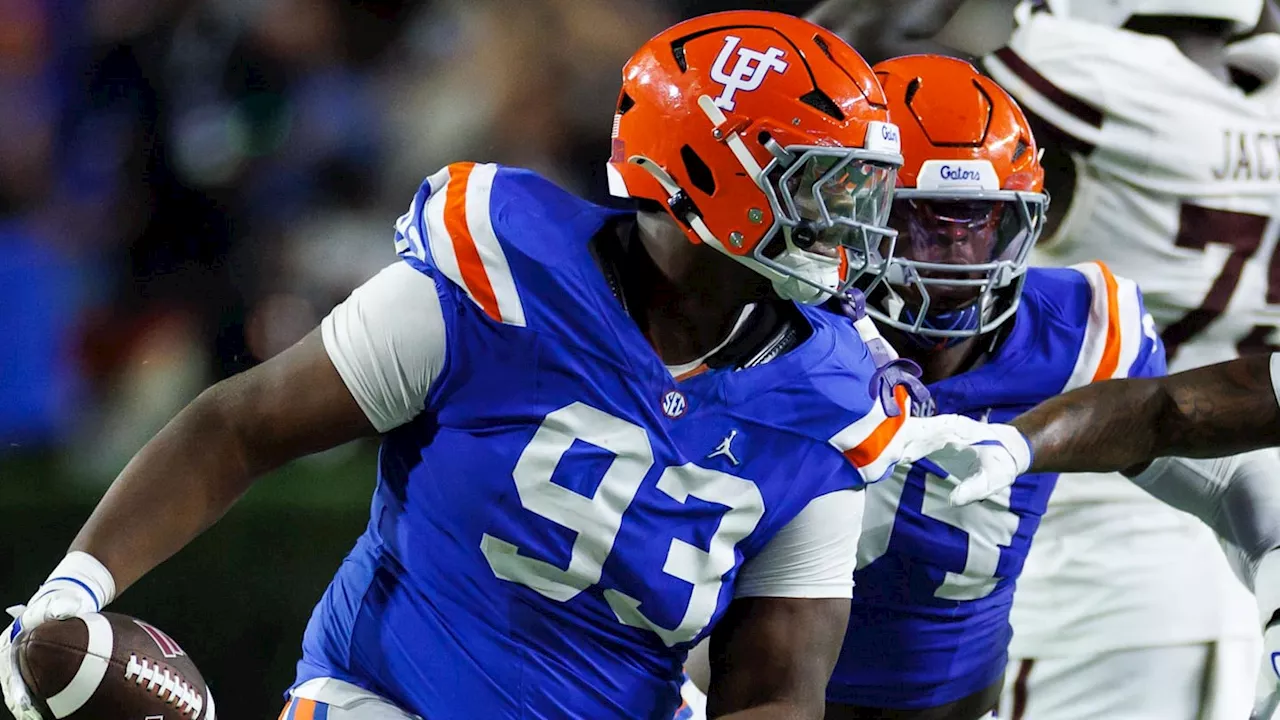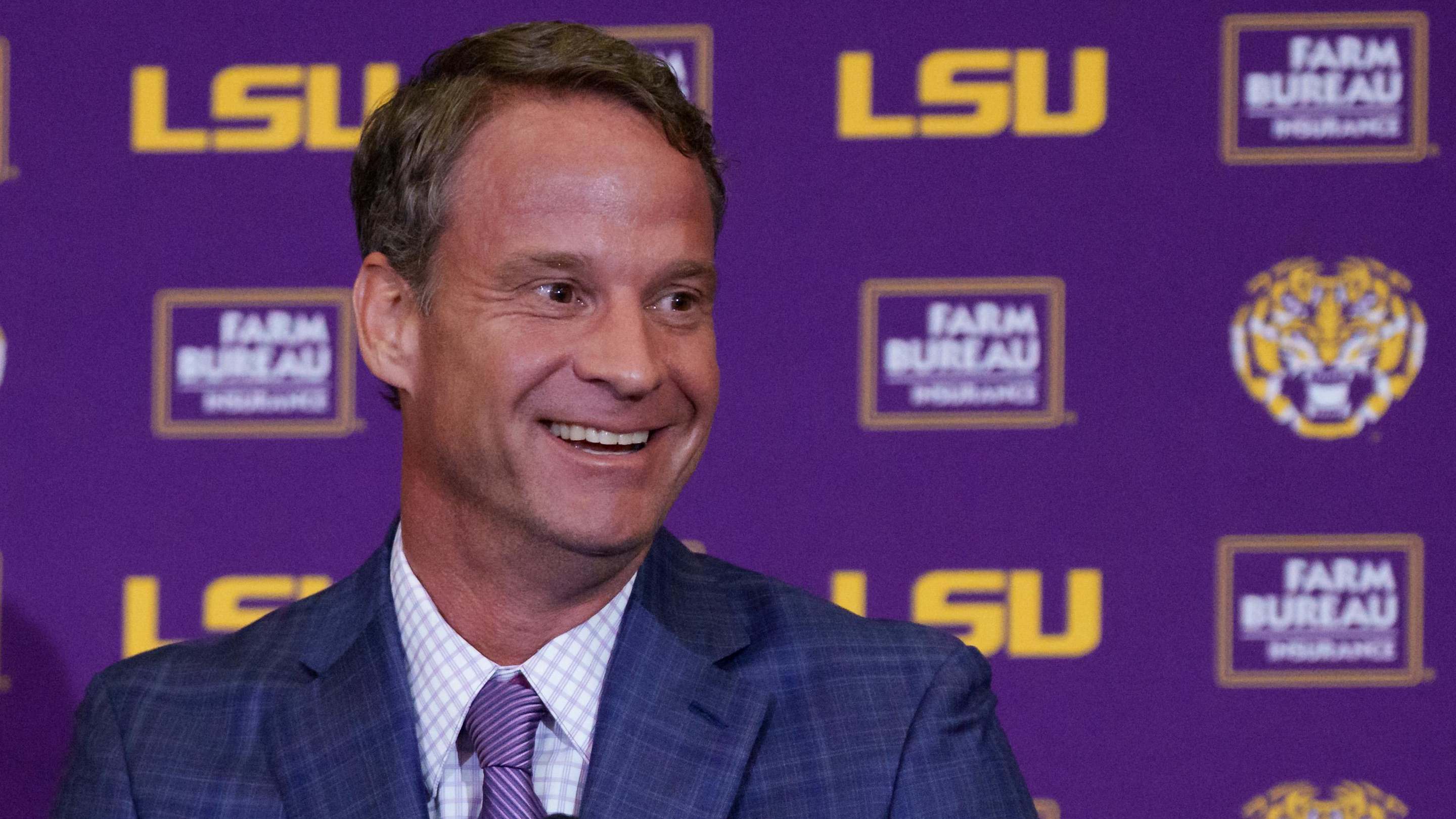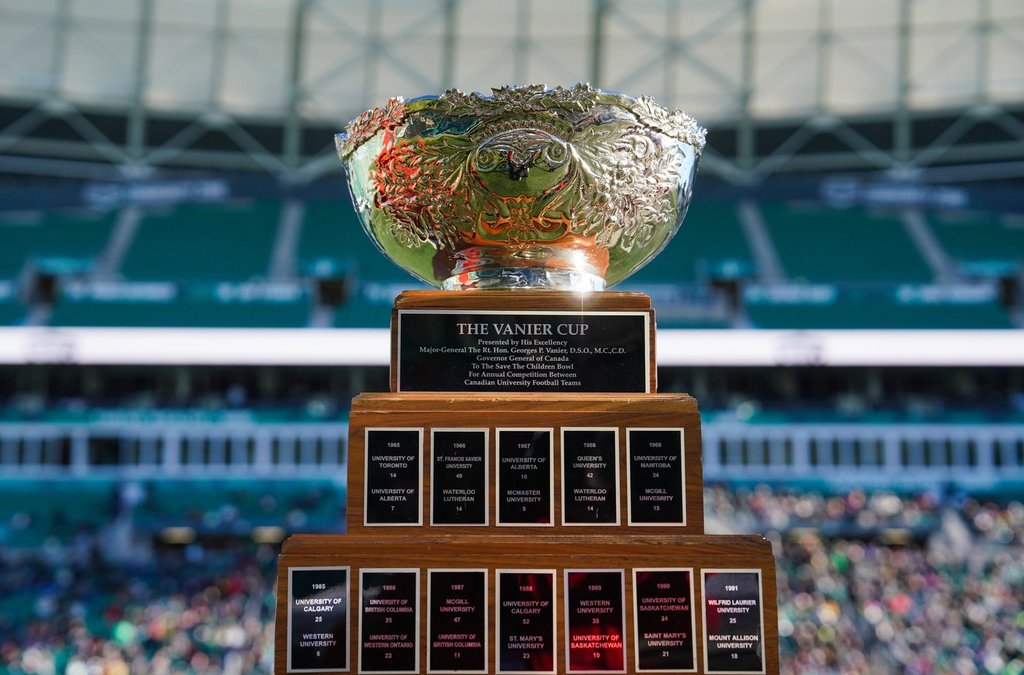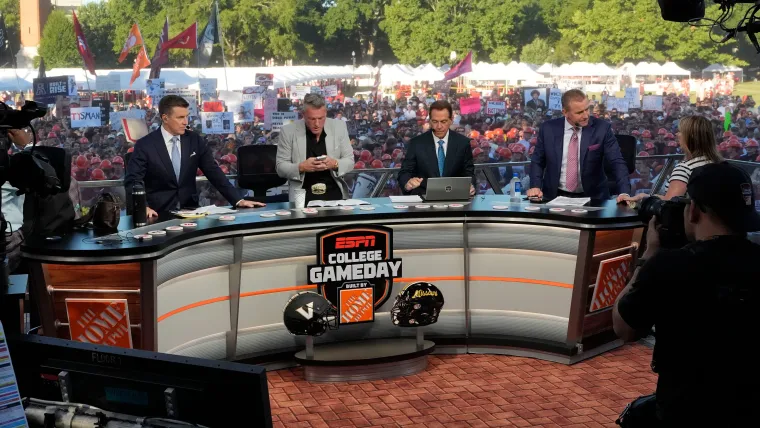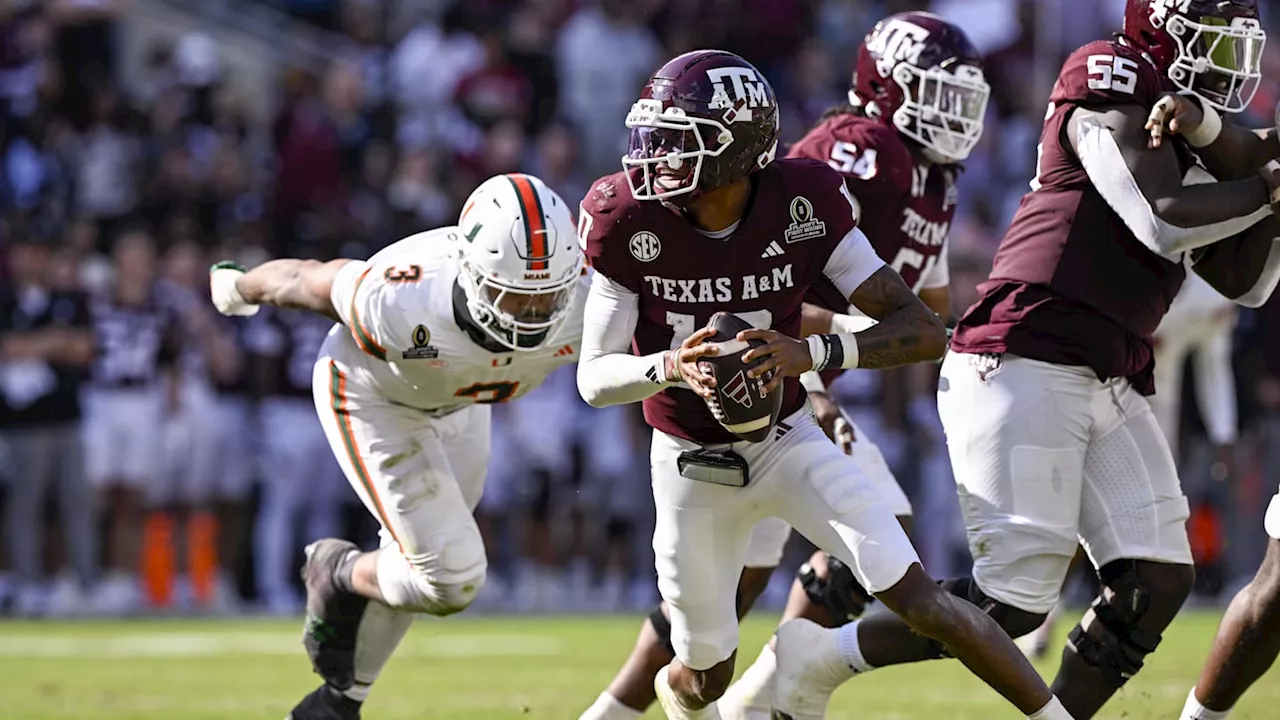The NCAA delivered a significant blow to Michigan State football on Wednesday, imposing severe penalties that include vacating victories, imposing fines, and enforcing recruiting restrictions. This decision effectively eradicates the troubled tenure of Mel Tucker, a period defined by controversy and underperformance.
The NCAA”s actions reaffirm two well-known facts: firstly, the organization remains powerful yet somewhat archaic in its methods, and secondly, Tucker”s three-year leadership was not only disastrous but also detrimental to the program”s future, with the repercussions likely to last for years. While the extent of the long-term damage is still uncertain, it is evident that the university is eager to move forward, having reached an agreement with the NCAA.
As Jonathan Smith struggles to find his footing, Michigan State may soon be on the lookout for a new head coach. The current job opening is now less appealing, but there is an opportunity for a fresh start. Tucker”s downfall was self-inflicted; he was dismissed in 2023 following a sexual misconduct allegation, which preceded the public revelation of recruiting violations.
The university also bears responsibility for this situation, having hired Tucker without adequate knowledge of his background, showering him with a lucrative contract while providing minimal oversight. Central to the NCAA”s allegations was that Michigan State operated in a manner akin to a professional football team, lacking the necessary oversight and engagement from Tucker.
Tucker”s staff allegedly offered around $10,764 in improper incentives to six recruits to entice them to visit the campus. Although some may argue that financial inducements are commonplace in college football today, this particular case diverges from the permissible payments allowed under the name, image, and likeness (NIL) framework. The violations involved direct payments to recruits and their families to facilitate unofficial visits.
Three of the affected recruits ended up signing with the Spartans and participated in games from 2022 to 2024. However, all 14 victories from those seasons—5-7, 4-8, and 5-7—have been vacated, a harsh penalty typically reserved for programs that field ineligible players. Further penalties against Michigan State include a $30,000 fine and various recruiting sanctions, such as limitations on both official and unofficial visits during a three-year probation period.
Even by the NCAA”s often confusing and stringent standards, the punishment seems severe. Critics may argue the penalties are excessive, but it”s critical to recognize that the current university leadership, including president Kevin Guskiewicz and athletic director J Batt, negotiated the terms of this resolution, even while disagreeing with the decision to vacate wins.
In contrast, many have criticized the NCAA”s handling of Michigan“s sign-stealing scandal, arguing that the punishment was too lenient—no vacated wins or postseason bans were imposed. Though the optics of the two cases may appear inconsistent, comparing them is often futile and can devolve into rivalry banter without clear distinctions between fact and speculation.
Michigan”s situation was complex and unprecedented, involving a vague rule regarding off-campus scouting. The program faced scrutiny over whether Jim Harbaugh or anyone on his staff was aware of the alleged misconduct, complicating the NCAA”s investigation.
MSU”s case, on the other hand, was primarily self-reported and handled in private, as the university cooperated with the NCAA to uncover additional violations. The significant differences in penalties for the two institutions raise eyebrows, but they reflect the unique circumstances surrounding each case.
Michigan State is currently grappling with financial issues and a lawsuit from Tucker, who seeks compensation from his substantial $95 million contract. It seems likely that the university”s motivations in negotiating with the NCAA were driven more by financial considerations than by a desire to preserve its reputation.
As Michigan State searches for a new path forward, the importance of strong leadership at all levels cannot be overstated. The future may appear daunting, but the potential for renewal exists, especially if the university”s leadership can establish a connection with fans and donors.
While the challenges ahead are formidable, the Spartans have exhibited resilience in the past, particularly through the success of their basketball program under Tom Izzo. With a new vision and a commitment to accountability, Michigan State football can still find a way to recover and rebuild.


